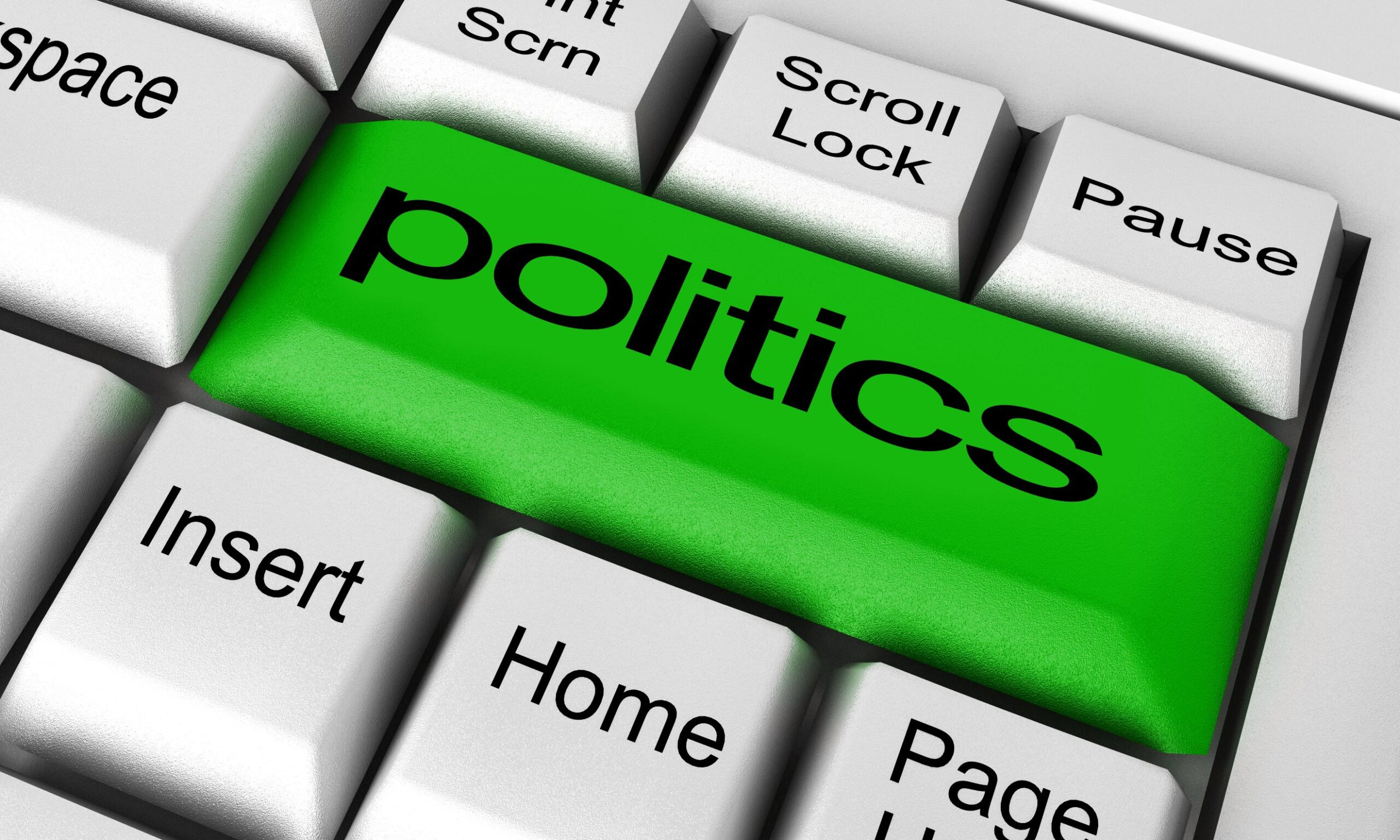(editor’s note: a previous version of this story said Kansas Public Employees Retirement System didn’t respond to the audit request, but Legislative Post Audit staff has since said that was a mistake on their part.)
When Kansas State Senator Dennis Pyle requested an audit of publicly-funded lobbying in the state of Kansas, there were several troubling findings by the Kansas Division of Legislative Post Audit — but perhaps most troubling was that 20 state agencies failed to respond to LPA’s request.
LPA itself did not fill out the audit form but did include its information in the introduction of the report.
The 19 remaining state agencies are the Board of Indigents Defense Services, Board of Tax Appeals, Citizens Utility Rate Payer Board, El Dorado Correctional Facility, Ellsworth Correctional Facility, Health Care Stabilization Fund, Kansas Dental Board, Kansas Information Technology Services, Kansas Juvenile Correctional Complex, Kansas State Library, Kansas Turnpike Authority, Larned Correctional Mental Health Facility, Legislative Coordinating Council, Legislative Research Department, Norton Correctional Facility, Office of the Securities Commissioner, Parsons State Hospital & Training Center, Pittsburg State University and Topeka Correctional Facility.
Why those agencies — roughly 25% of state government departments — failed to respond to inquiries from the organization tasked with auditing them is unclear.
Not only that, only but 148 out of 286 school districts responded (52%), 37 out of 105 counties responded (35%), 160 out of 623 cities responded (26%), and 515 out of 2,673 special districts and townships responded (19%).”
However, contact information could not be found for 450 special districts and townships (which include rural areas of the state and volunteer fire departments, which in many cases may have no one to respond, and most who did respond — 479 of 515 respondents — reported no spending on membership fees and dues at all, the report said.
So using only the 1,111 state and local entities which are likely to belong to associations, only about 38% even responded to the requests, meaning the real spending of public funds on association memberships is likely much higher.
Pyle said this is a serious issue.
“The audit exposes the need for more sunshine and certainly creates questions as to why there is opposition by governmental entities to posting their checkbook online,” Pyle said in an email. “With such a low response rate, how do we have a high level of confidence in the totals from resulting data?”
It is clear, however, that the scope of taxpayer-funded lobbying in the state is much more than the amounts in the report — $1.3 million in direct fees to lobbyists and $11 million in “dues and fees” to “professional organizations” — is unknown, and perhaps unknowable.
“It’s currently not possible to know the full amount of public funds spent on lobbying,” the report states. “State law requires registered lobbyists to report how much they received in public funds to the Secretary of State. However, those amounts don’t include public funds paid to federal lobbyists or state employees who lobby as part of their job duties. The amounts also don’t include payments that state and local governments make to lobbyists from private funds or donations. As a result, the available information is incomplete.
“Further, determining how much public funding is spent on association fees and dues (and which of those associations might engage in lobbying activities) is extremely difficult. That’s because Kansas has almost 3,800 state and local government entities that could be making these payments. Moreover, state law doesn’t require government entities to report specifically on which associations they pay, and it’s not often feasible to identify which associations might engage in lobbying activities. Even though the information we provide in this report is the best available, it is clearly not complete.”
Pyle said Kansans have a right to know where their dollars are spent, but also how they are being used.
“Not just dues, fees, and lobbying, but this begs the question-How many of those tax dollars are being spent out of state?” he said. “Perhaps we should be asking how many dollars to associations which provide membership benefits, and what those are.
“Currently there is a federal statute prohibiting the use of federally appropriated funds to lobby congress, perhaps Kansas needs a similar prohibition.”


